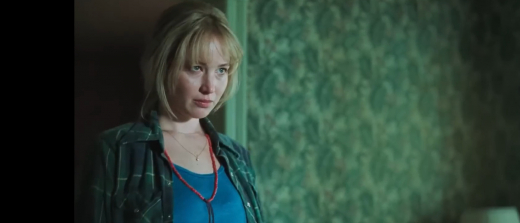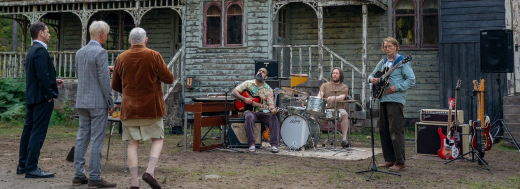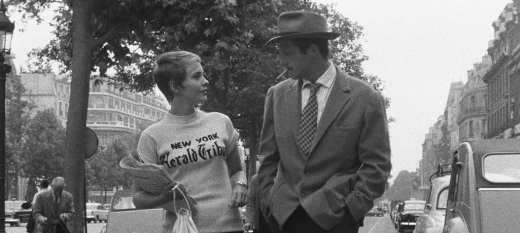C'è ancora domani
Rome, 1946: everyone is glad the war is over, even though there is a shortage of everything. For Delia, only not much has changed. She lives with her boorish, heavy-handed husband Ivano and their three children in a typical Roman court, where she cleans, cooks and cares for the children and Ivano's bedridden father day after day. Perhaps daughter Marcella will have a better future, she hopes, as she is about to marry a middle-class boy. Everything changes with the arrival of a mysterious letter, which gives Delia the courage to strive for a better and fuller life.
In this film shot in black and white, debutant director Paola Cortelessi pays homage to Italian neorealism of the 1940s and 50s; Anna Magnani could have played main character Delia, so to speak. But in this tale of emancipation and empowerment, it is Cortelessi herself who takes on this role.




